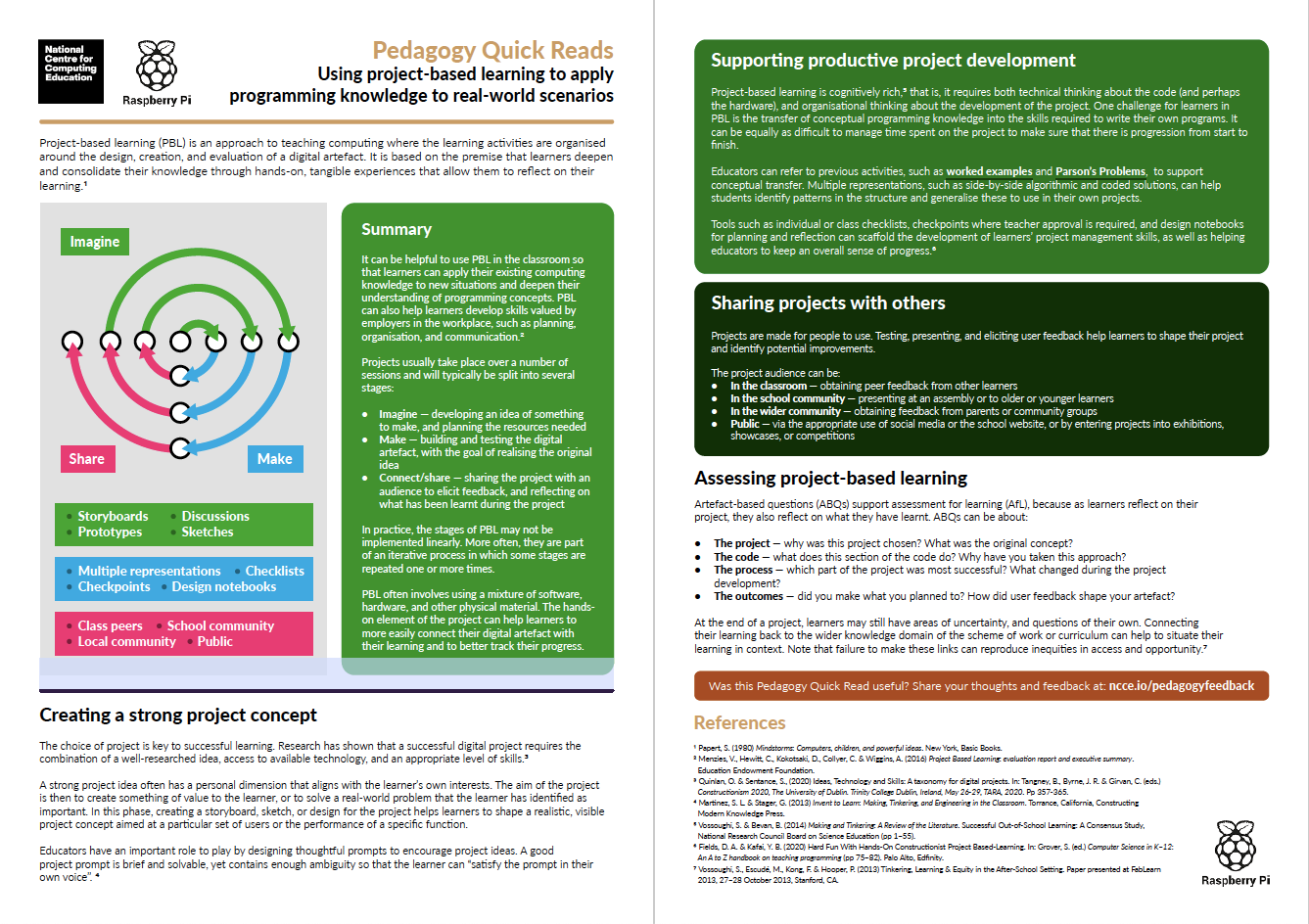
Master Programming Through Real-World Projects
Programming is more than just writing code; it’s about solving real-world problems and creating practical solutions. Learning programming through real-world projects is a dynamic and effective approach that not only enhances your coding skills but also prepares you for the challenges of the professional world.
Hands-On Learning: Beyond Theory
Traditional programming tutorials often focus on theoretical concepts and small code snippets. However, real-world projects provide a hands-on learning experience that goes beyond theory. By working on actual projects, you gain practical insights into coding practices, project management, and problem-solving.
Application of Concepts in a Real Context
Learning programming through real-world projects allows you to apply theoretical concepts in a real context. Instead of just learning syntax, you understand how to structure code, manage dependencies, and implement best practices in a project setting. This application-oriented learning is invaluable when transitioning from a learner to a practitioner.
Now, if you’re eager to dive into the world of programming through real-world projects, consider exploring Learn programming with real-world projects for curated resources and insights tailored to enhance your coding journey.
Building a Portfolio: Showcase Your Skills
Real-world projects provide an excellent opportunity to build a portfolio that showcases your coding skills to potential employers or collaborators. Whether you’re interested in web development, data science, or app development, a diverse portfolio of completed projects serves as a tangible demonstration of your abilities.
Problem-Solving Mastery
Programming is fundamentally about problem-solving. Real-world projects present you with challenges that require thoughtful solutions. As you navigate these challenges, you develop problem-solving skills that are transferable to various domains. This mastery is a key asset in any programming career.
Collaboration and Teamwork
In a professional setting, programming is rarely a solitary endeavor. Real-world projects often involve collaboration and teamwork, mirroring the dynamics of the workplace. Learning how to work effectively in a team, use version control systems, and communicate with collaborators are vital skills cultivated through project-based learning.
Adaptability and Learning Agility
Real-world projects expose you to different tools, frameworks, and technologies. This constant exposure cultivates adaptability and learning agility, essential traits in a rapidly evolving tech landscape. As you encounter diverse project requirements, you become adept at quickly learning and applying new concepts.
Understanding Project Lifecycle: From Inception to Deployment
Programming is not just about writing code; it encompasses the entire project lifecycle. Real-world projects immerse you in this lifecycle—from project inception and planning to development, testing, and deployment. This holistic understanding is crucial for successful project execution in professional settings.
Mentorship and Guidance
Engaging in real-world projects often provides opportunities for mentorship and guidance. Whether it’s seeking feedback from experienced developers or collaborating with mentors on open-source projects, the guidance you receive contributes to your growth as a programmer.
Networking Opportunities
Real-world projects open doors to networking opportunities within the programming community. Engaging with like-minded individuals, participating in hackathons, and contributing to open-source projects expose you to a diverse network of professionals. Networking can lead to valuable connections, collaborations, and even job opportunities.
Staying Motivated and Inspired
Working on real-world projects keeps you motivated and inspired. The sense of accomplishment that comes with completing a project fuels your passion for programming. It provides a tangible reminder of the impact and possibilities of your coding skills.
Conclusion
In conclusion, learning programming through real-world projects is a dynamic and effective approach that prepares you for the challenges of the professional world. The hands-on experience, problem-solving mastery, and adaptability cultivated through real-world projects contribute significantly to your growth as a programmer. If you’re ready to embark on this exciting journey, explore Learn programming with real-world projects for curated resources and insights tailored to enhance your coding experience.
